Poll Worker & Election Challengers
Poll workers and election challengers need to follow the law. There is no place for partisan politics or voter intimidation in a polling location or absent voter counting board.

About Poll Workers (formally known as election inspectors):
- Poll workers are trained by and answer to election officials and paid to help administer elections.
- Poll workers take an oath to support the Michigan and U.S. Constitutions and faithfully discharge their duties.
- Poll workers must express a preference for a political party. And some poll worker duties require two poll workers who have expressed preferences for different political parties.
- Poll workers have the authority to maintain peace, regularity and order in the polling place and to require compliance with lawful instructions.
- Poll workers’ jobs include (but aren’t limited to):
- Opening and closing the polls
- Greeting voters
- Processing voters
- Issuing ballots to voters
- Assisting voters, including voters with disabilities
- Addressing tabulator issues
- Processing and tabulating absentee ballots
What Poll Workers CanNOT Do:
- Let partisan politics or their political affiliation interfere with them doing their job
- Harass or intimidate voters or allow others to do so
- Solicit voters or engage in any type of campaigning
About Election Challengers (also called poll challengers):
- Election challengers are trained and credentialed volunteers who monitor the election process and ensure that Michigan’s election law is properly followed.
- Election challengers can be credentialed by a political party or an organization
- Election challengers are assigned to polling locations and absent voter counting boards throughout the state.
- Election challengers may raise an official objection, called a “challenge” if the challenger has good reason to believe a voter is not eligible to vote in the precinct or if the challenger has reason to believe that a poll worker is not following Michigan election law. That challenge is then addressed by an election official.
What Election Challengers CanNOT Do:
- Let partisan politics or their political affiliation interfere with them doing their job
- Harass or intimidate voters
- Speak to voters
- Touch any voting equipment or materials
- Speak to poll workers other than the challenger liaison (this may change based on pending litigation)
- Interfere with a poll worker/election inspectors ability to do their job
- Make challenges without good reason, or for the purpose delay or annoyance.
- Election challengers cannot take photos, videos, or audio recordings inside a polling location, but they can possess an electronic device to take notes, read, etc, so long as it is not disruptive.
- The possession and use of electronic devices in an absent voter counting board is the subject on-ongoing litigation.
- Challengers at an absent voter counting board cannot communicate with people outside while polling locations are still open.
Helpful Links and Resources
- Michigan Election Inspector (aka poll worker) Overview
- Managing Your Precinct on Election Day: Election Inspectors’ (aka poll worker) Procedure Manual
- Authority of City and Township Clerks Over Election Inspectors
- Election Challengers: What They Can and Can’t Do
- Election Challengers: Permissible vs. Impossible
- Election Challengers: Summary of Rights and Duties
Paid for by Progress Michigan, 614 Seymour Ave., Lansing, MI 48933
